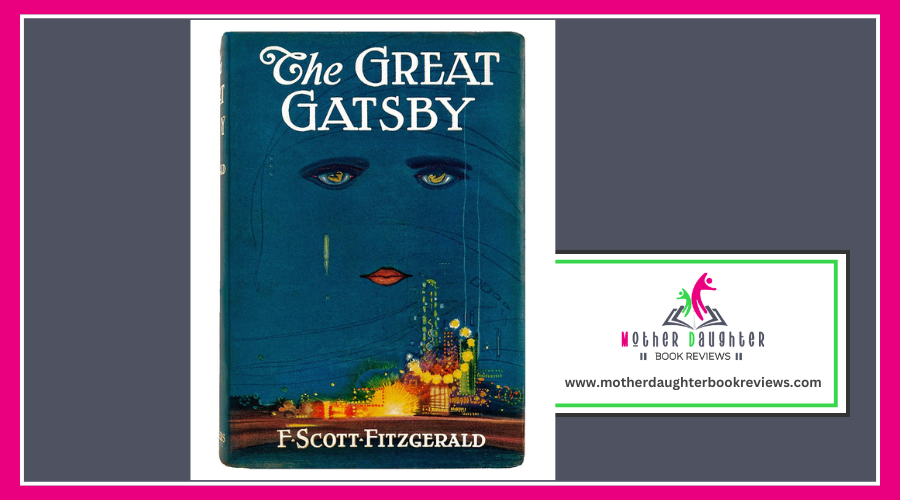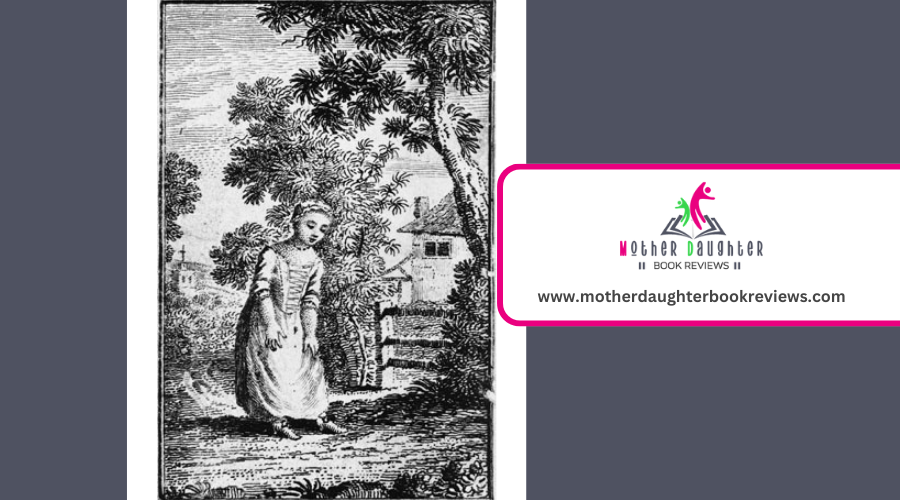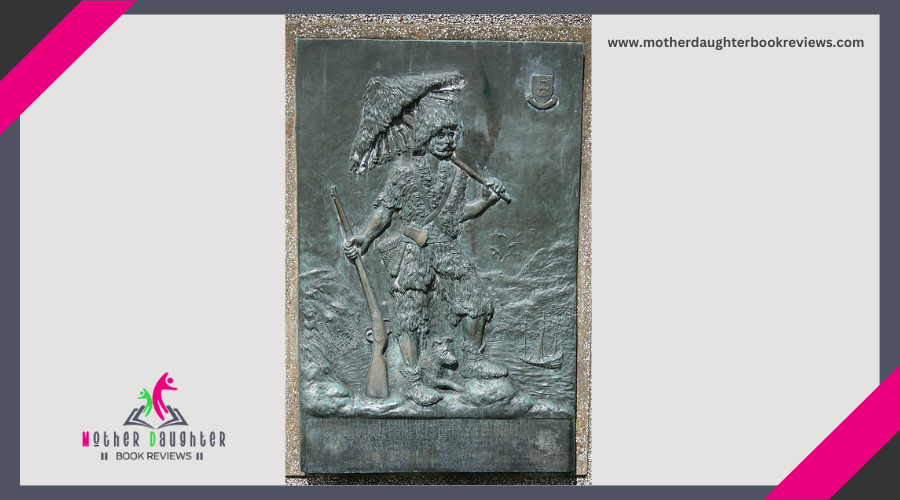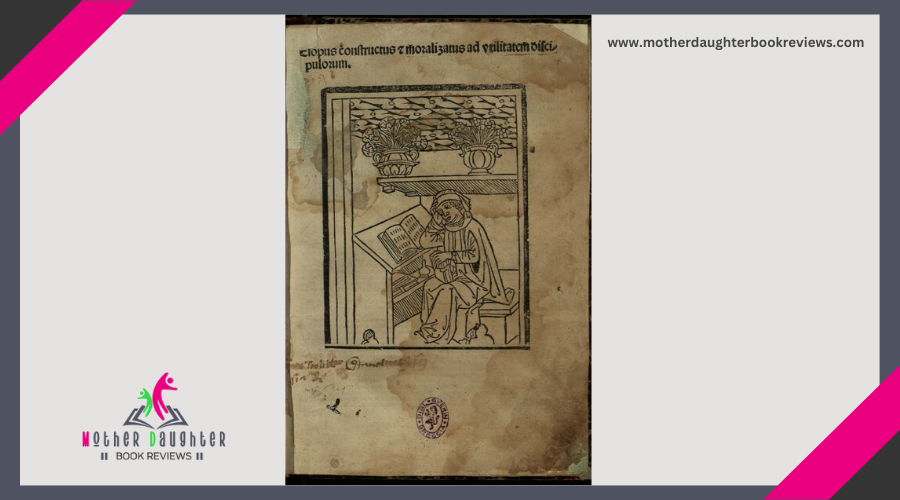How Do Classic Stories Explore the Themes of Love and Transformation?
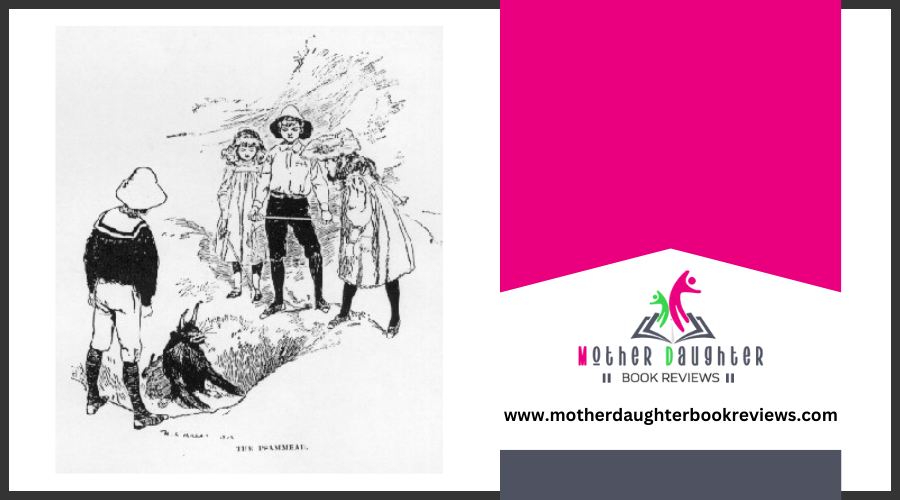
In classic stories, love and transformation often go hand-in-hand. You'll see love mending wounds and offering second chances, fostering trust and resilience. Characters aren't just falling in love; they're growing, evolving, and overcoming adversities. Romantic love, in particular, encourages self-discovery and acceptance, while parental love exemplifies sacrifice and deep care. Societal norms often challenge love, showcasing its resilience against pressures.
The Redemptive Power of Love
Love has the incredible ability to transform lives and mend even the deepest wounds. When you immerse yourself in classic stories, you'll find that love isn't always straightforward. Forbidden love often takes center stage, illustrating love's complexity and the transformative expeditions it initiates. These stories reveal how characters build emotional resilience, steering through love's challenges and forging redemptive relationships.
Consider tales where individuals, once broken by their pasts, find second chances through healing connections. These enduring bonds offer unexpected transformations, proving that love can be a powerful force for redemption. It's through these connections that characters learn to trust again, showcasing the redemptive power of love.
Classic narratives also highlight love's ability to foster emotional growth. They show how enduring bonds can lead to profound changes in individuals, reshaping their perspectives and lives. Regardless of the passion of forbidden love or the quiet strength found in a supportive relationship, love's redemptive power is undeniable.
Transformation Through Adversity
When characters face life's harshest trials, it's often through adversity that they undergo the most profound transformations. You'll notice how classic stories highlight character resilience in the face of overwhelming odds. The impact of adversity pushes them into a growth experience that reveals their inner strength. Struggles become avenues for transformative experiences, where overcoming challenges isn't just about survival but about emerging stronger.
Consider the hardship lessons these characters learn. Adversity impacts them deeply, shaping their values and actions. Each trial and triumph they face contributes to their personal evolution. For instance, in Jane Eyre, Jane's resilience narrative unfolds as she endures orphanhood, poverty, and heartbreak, yet she emerges stronger and more self-assured.
These stories show that struggle strength is a key component of transformation. Characters often find that their true potential surfaces only when they're tested by misfortune. The resilience narrative becomes a reflection of human endurance. In Les Misérables, Jean Valjean's trials lead to his moral redemption and a new life. Through such transformative experiences, classic tales remind you that adversity, while painful, is often the crucible within which true character is forged.
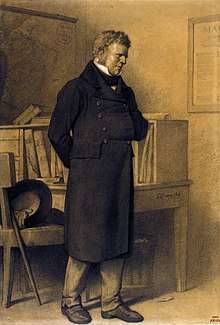
Love as a Catalyst for Change
In many classic stories, the transformative power of love often serves as a catalyst for profound change. You see characters set out on transformative expeditions fueled by love's evolution, where emotional resilience grows in the face of adversity. Love's duality is a recurring theme, showing how it can both heal and challenge. These narratives highlight how passion's impact drives characters to resolve conflicts and overcome commitment challenges.
Consider the relational dynamics in stories like "Pride and Prejudice". Elizabeth and Darcy's connection growth is evident as they navigate misunderstandings and prejudices. Their selfless devotion ultimately leads to mutual respect and love. In "Beauty and the Beast", love transforms the Beast, showcasing how selfless devotion and genuine connection can break curses—both literal and metaphorical.
Often, love's evolution isn't straightforward. It tests characters' emotional resilience, pushing them to grow and adapt. These stories emphasize how love acts as a powerful agent of change, inspiring characters to alter their fates and better their worlds. By exploring love as a catalyst, classic tales remind us of the profound impact that deep, transformative connections can have on our lives.

Personal Growth in Classic Narratives
Throughout classic literature, personal growth often stands at the heart of storytelling, illustrating how individuals evolve through trials and introspection. You see characters initiate personal odysseys that shape their character evolution and narrative arcs. These transformative experiences push them to confront moral dilemmas, testing their emotional resilience and inner strength.
Consider the trials faced by Jane Eyre in Charlotte Brontë's novel. Jane's path is marked by a series of hardships that challenge her self-awareness and fortitude. Each trial she faces, from her harsh upbringing to her moral conflicts with Mr. Rochester, compels her to grow stronger and more self-reliant. Her narrative arc demonstrates an evolution rooted in gaining emotional resilience and inner strength.
Similarly, in "Great Expectations" by Charles Dickens, Pip's personal growth is evident as he navigates the moral complexities of his aspirations and relationships. His progression from innocence to experience involves grappling with self-awareness and ethical challenges, ultimately leading to profound personal transformation.
These classic stories highlight how personal growth is essential for character evolution. You witness characters develop through trials, gaining insights into their own strengths and values. It's these transformative experiences that make their personal odysseys compelling and timeless.
Romantic Love and Self-Discovery
While personal growth anchors many classic narratives, romantic love and self-discovery often interweave to create rich, multidimensional stories. You'll find characters who set out on quests of self-acceptance, often through the lens of romantic love, regardless of whether it's fulfilled or unrequited. These stories invite you to reflect on how love can act as a catalyst for profound personal change.
Consider how unrequited love shapes a character. Struggling with feelings of rejection can push them toward self-discovery, making them confront their insecurities and ultimately fostering self-acceptance. Conversely, the experience of reciprocated love often leads characters to understand themselves better as they learn to balance their needs with those of their partner.
Healing and Forgiveness
Healing and forgiveness stand as cornerstones in many classic stories, often driving the narrative toward a satisfying resolution. You'll notice how characters commence on healing quests that lead to personal growth and emotional resilience. These forgiveness narratives are rich with forgiveness rituals that pave the way for reconciliation paths, allowing characters to find inner peace.
In tales like "Les Misérables" and "A Christmas Carol," redemption arcs play a significant role. Jean Valjean and Ebenezer Scrooge undergo transformative experiences that not only alter their lives but also positively impact those around them. Their healing relationships with others demonstrate the power of self-acceptance and forgiveness.
Classic literature often showcases how characters' emotional resilience is tested and eventually strengthened through trials. In "Pride and Prejudice," Elizabeth Bennet and Mr. Darcy must overcome their prejudices and past misunderstandings. Their reconciliation path is a reflection of the healing power of mutual forgiveness and personal growth.
Love in the Face of Societal Norms
As characters navigate their paths toward healing and forgiveness, they often encounter the formidable challenge of love constrained by societal norms. In classic stories, you see how forbidden love and societal expectations clash, leading to intense drama and emotional depth. These tales highlight the tension between romance and duty, and how characters must navigate cultural barriers and societal pressures.
In these narratives, characters often grapple with the choice between adhering to societal norms or following their hearts. The stakes are high, as love's consequences can lead to both personal growth and societal backlash. You see love's resilience as characters fight for their right to love freely, despite the pressures imposed by their communities. This defiance against societal norms not only enriches the storytelling but also underscores the timeless struggle between individual desires and collective expectations.
Metamorphosis and Identity
Transformation lies at the heart of classic stories, and the theme of metamorphosis and identity captures this dynamic vividly. You see characters initiating a metamorphic odyssey, often spurred by an identity crisis. This internal conflict propels them towards self realization. In "The Strange Case of Dr. Jekyll and Mr. Hyde," for instance, dual identities illustrate the existential change that defines Dr. Jekyll's struggle. His personal metamorphosis is both a transformation allegory and a symbolic transformation highlighting character evolution.
When you investigate these stories, you notice that characters frequently undergo an existential change, confronting their internal conflicts to redefine who they are. Gregor Samsa in "The Metamorphosis" experiences a literal and symbolic transformation, reflecting a profound identity crisis. His metamorphic odyssey reveals his struggle for self realization amidst his new, alien form.
These narratives use personal metamorphosis to examine the deeper layers of identity. You witness how characters evolve, grappling with dual identities and the pressures of their worlds. This character evolution is crucial, offering you a lens through which the timeless themes of love and transformation are examined, emphasizing the enduring nature of these human experiences.
Unconditional Love and Sacrifice
Exploring the depths of human experience doesn't stop at the metamorphosis of identity. Unconditional love and sacrifice are central themes in classic stories, revealing the essence of what it means to care for another deeply. Parental love often exemplifies these themes, showing how parents will go to great lengths for their children. These selfless acts highlight the enduring bonds that withstand life's trials.
Consider the following elements:
- Parental love: Parents sacrifice their time, energy, and sometimes their dreams for their children's well-being.
- Selfless acts: Characters give up their desires or safety for the ones they love.
- Enduring bonds: Relationships that endure despite love's challenges and external pressures.
- Emotional resilience: The ability to persist through pain and hardship for the sake of love.
Sacrifice's meaning is deeply intertwined with loyalty's strength, illustrating love's complexity. When characters face love's challenges, their actions reveal emotional resilience. Classic narratives often show how sacrifice cements enduring bonds, making them unbreakable.
Timeless Lessons From Classic Tales
Countless classic tales offer timeless lessons that resonate deeply with readers of all stages. These stories are rich in cultural reflections, offering insights into the societies from which they emerged. The narrative structures often feature character archetypes like the hero, the mentor, and the villain, making them universally relatable. The thematic motifs of love, transformation, and redemption provide emotional resonance that transcends time.
Classic tales frequently incorporate societal commentary, addressing moral dilemmas that challenge both characters and readers. These stories are embedded with plot devices that drive the narrative forward, such as quests, conflicts, and resolutions. By placing characters in historical contexts, they offer a lens through which you can interpret past societies and their values.
Conclusion
These tales engage readers in deep reader interpretation, inviting you to find personal meaning within universal themes. They delve into the complexities of human nature, encouraging you to reflect on your own experiences and beliefs. The moral lessons derived from these timeless stories remain relevant, prompting you to contemplate ethical decisions and their consequences. Fundamentally, classic stories serve as mirrors, reflecting both individual and collective experiences through the tapestry of time.

